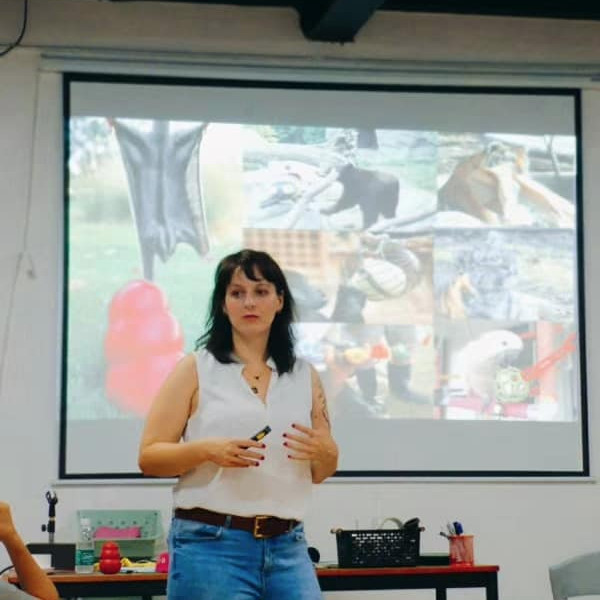Before You Adopt A Rescue Dog.....
When you're ready to adopt a rescue dog, the options to choose from are endless.
But rescues, like dog trainers, behaviourists and groomers- do not have regulations. Also, similar to other animal professionals, not all rescues are made equal. It can be really confusing and overwhelming for people to know from where they should adopt a rescue pet.
Most people want to adopt a rescue dog as they want to do something good, to help an animal in need and to help a rescue organization. Often they fall in love with the dog before they even meet the dog.
Here are some examples of unethical rescues.
- All too often once the potential adopters meet the dog, they've discovered a plethora of expensive medical and behavioural concerns, placing them in debt and with a dog, they can't return (if they need to).
- In some cases, dogs have been adopted that are so traumatized (and the rescue has not assessed them) that they need to be euthanized as they have PTSD and will suddenly attack.
- In other situations, some rescues will charge extreme prices and then never send you the dog.
- Others keep their animals in deplorable conditions, where the animals suffer on a daily basis.
- Some will use shock, choke or prong collars, even though they market themselves as force-free.
Returning a dog to a rescue organization should never be something to be ashamed about- especially after trying all avenues. Situations such as the ones listed below are very serious for the dog's and your welfare and well-being and are very valid reasons for returns.
- if the dog's needs are not able to be met in your home
- if the dog has bitten your child
- if the dog has bitten a friend of your child's
- if the dog has bitten you or another adult
- if the dog has behavioural problems that you don't have the support or ability to help with
- if the dog has medical problems that you were not aware of and cannot afford
So, how to find an ethical rescue? Unfortunately- many rescues are not ethical and there are many red flags to look out for.
Here are some tips to help you find an ethical rescue to adopt from in your area.
Part 1: Welfare & Transparency
- Clearly states their protocols and guidelines for care/welfare/training
- Clearly shows their charity status and Board of Directors (transparency)
- Refuses to NOT use any aversive/punishment-based collars/equipment/training
- After first rescuing the animal, takes at least 2 weeks to conduct behavioural and medical assessments before putting the animal up for adoption
- Clearly shows care from vets -all animals are examined and deemed in good health
- Provides all vaccination, spay/neuter and behavioural records
Part 2: Provides Assessments & Solutions
- Animals are not placed up for adoption before the assessment period is over
- If possible, foster homes are provided- with clear communication from the rescue
- Discusses potential medical or behavioural concerns with the potential adopters
- Provides a list of screened force-free trainers/behaviourists or local vets to help with these concerns after adoption
- Assesses you- the potential adopter-with an application, call, home visit and then a meet and greet before deciding if your home is the right match
- Might say you are not the right match for the dog and will kindly and clearly communicate this
- Provides clear potential return policies in case this situation occurs
We hope you join us on September 29 for Common FAQs about Rescue Dogs!

